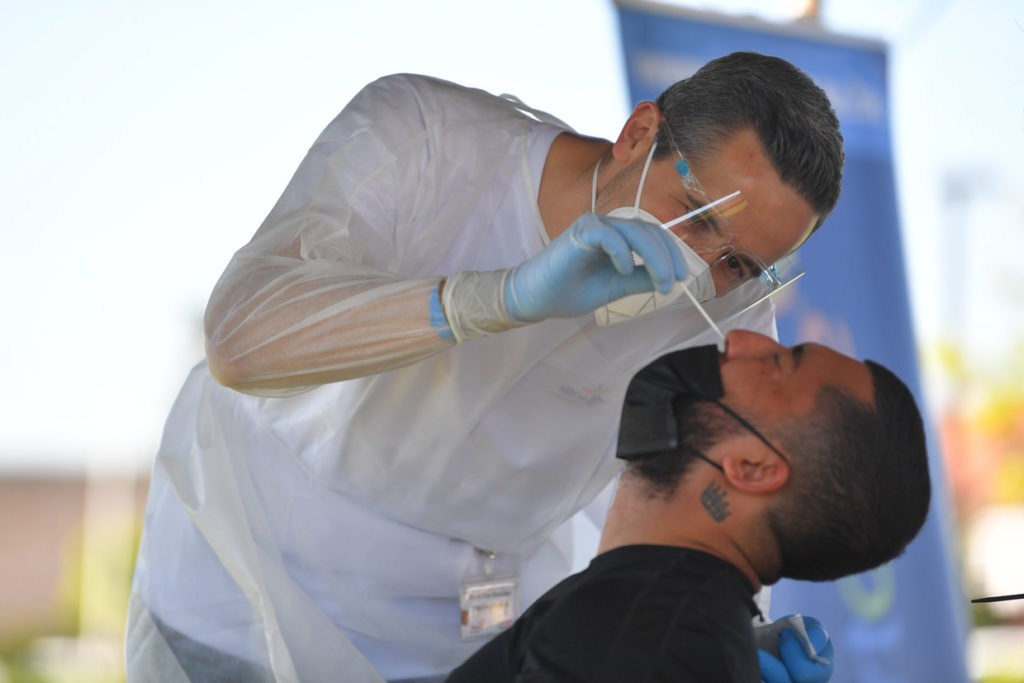A majority of people who become infected with the coronavirus in Belgium don't know where they contracted the virus, according to figures from the Sciensano Health Institute.
When a person tests positive with the coronavirus in Belgium, contact tracing centres reach out to them to collect data which makes it possible to follow up on high-risk contacts. However, a large proportion of those people couldn't respond to the question of where they became infected.
"About 68.9% of the contacted COVID-19 cases report not knowing where they have contracted the infection," the report stated.
This makes it much more difficult to find out how many people they themselves have infected, as the time of infection is unclear. For the remaining 31.1% of people who are able to determine where they contracted the virus, the sites of infection usually remain the same.
Between 14 and 21 November, Sciensano's figures showed that most people suspected they became infected through a person at home (14.82%), through family or friends (4.67%), during a youth activity for teens (3.13%) or at work (3.12%).
Related News
- Almost 3,700 Covid-19 patients in hospitals, more than 750 in ICU
- Omicron variant poses 'very high' global risk, warns WHO
- 'Not feasible': Doctors refuse to follow new testing strategy
Many of the most likely locations for infections to spread have now been closed following the introduction of the latest restrictions last week. This will, hopefully, reduce the number of contacts that people can have.
Meanwhile, of all confirmed Covid-19 cases, 76.4% of people could not indicate a known source of infection as they were not aware of another confirmed case within their circles, meaning they were most likely infected by a stranger.
'If a likely source of infection was known for the period 15 November to 21 November, the majority of cases were in contact with a relative they lived with (12.96%), a relative they did not live with (3.24%), a classmate (1.74%), or a colleague (1.73%),' the report read.
Of the high-risk contacts (51,992 individuals) reported in the period from 8 November 2021 to 14 November, 67% (34,834) were called by contact tracing centres which are becoming overrun as a result of a large number of tests being taken and the high number of infections being recorded.

